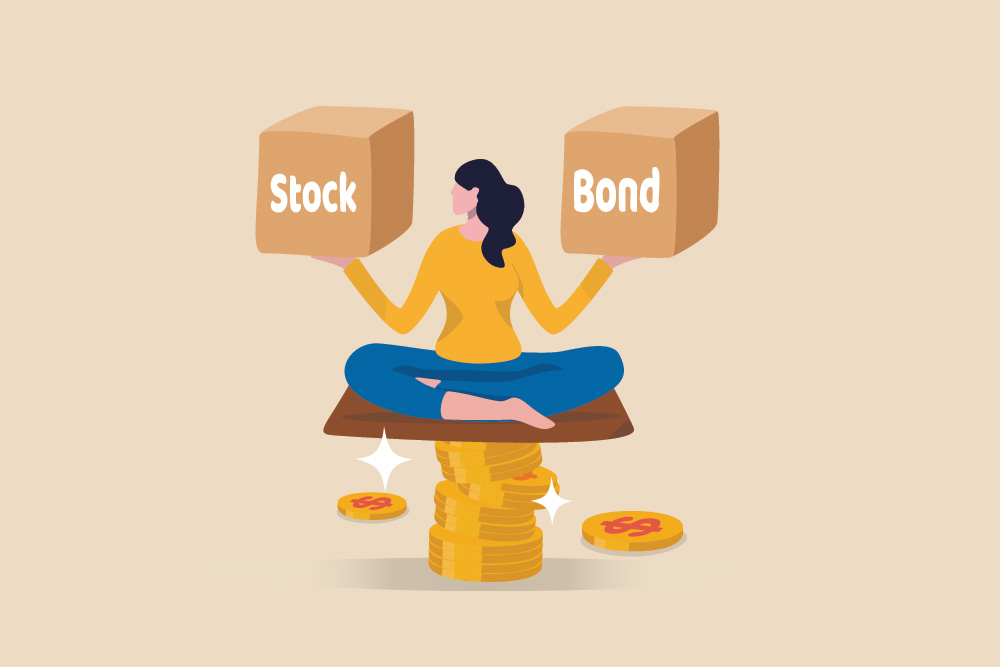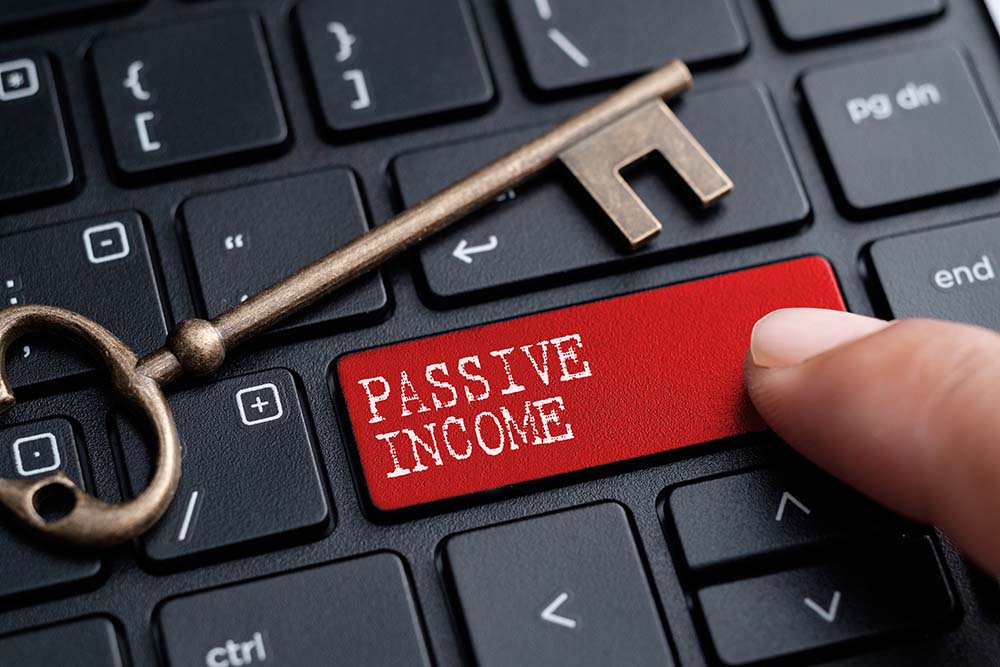Priyanka Chopra might be earning squillions as a global movie star today, but that hasn’t stopped her from exploring side gigs for income. Not only has she opened Sona, a swanky Indian restaurant in New York City and a retail spinoff called Sona Homes with products like tableware, she’s also invested in premium sportswear brand Perfect Moment, haircare brand Anomaly, runs a film production company called Purple Pebble Pictures, and has published her memoirs titled ‘Unfinished’.
What Chopra is essentially doing is creating ‘passive income’, a way to earn extra money through investments or work already completed, without the need to work full-time. The ideal way to earn passive income is to focus on something that will generate long-term revenue with minimal intervention from you.
In contrast, active income requires you to constantly and actively put in the effort to keep it coming. Do not confuse jobs like consulting, freelance writing or computer programming as passive income – these require the same amount of effort as an active job.
Why do we need passive income?
Delhi-based Jayanth Ranganathan, Senior Director at IIFL Securities says, “Passive income should be a part of every woman’s life. As Warren Buffett once said – ‘If you don't make money while you are asleep, you have to earn till you die’. Passive income is almost a necessity to survive turbulent economic conditions today. It guarantees greater financial freedom and liberates you from the nine-to-five routine to offer other investing alternatives. It also lets you focus on meaningful financial goals, such as securing money for retirement. Passive income reduces financial stress and takes care of one's passion, luxury spending or dream holidays.”
In 2021, according to a survey conducted by Fidelity, only 33 per cent of women saw themselves as investors, of which only nine per cent considered themselves better at it than men. They also tended to invest less impulsively and more conservatively – 68 per cent being in cash equivalents as opposed to 59 per cent by men. For some reason, women do not approach finances and investments with the same sophisticated strategies as men. However, with reduced investment comes the reduced opportunity for passive income.

What are the sources of passive income?
Ranganathan says, “There are a lot of ways through which you can start generating passive income. Which or how many you opt for, largely also depends on a woman’s current financial position, her social connects and use of time. While some people invest money, others invest skill and talent to create a source of passive income.” Ranganathan offers a list of passive income sources that beginners can start off with and build upon:
• Rental income is considered one of the safest and oldest means of passive income. If you don’t already have a property, consider buying one to park any excess funds you may have.
• Use the stock market and other investment returns, depending on your risk profile. Consistent passive income can be generated through share market investments, fixed deposit returns and investments in various other financial products. Consult your financial advisor and see which of these balance risk and returns are best for you.
• Lately, social media has spurred a lot of interest cutting across age groups. YouTubers and Instagrammers find themselves earning a passive income, depending on their own passion and usage of social connect. Affiliate marketing is an off-shoot of this as well.
• Consider hosting online mentoring and teaching courses. Particularly after the recent COVID outbreak, there is an increased demand for academic and technical teachers on the digital platform, where they can realise their full potential. You will need to create the material for these courses only once, following which there is only the minimal effort of delivery.
• Creative people can consider copyrighting their music or photographs or books and getting returns from royalties.
How do you start building passive income?
First, make a list of your skill sets that people would constantly pay for. Have you developed an app or an online course? Have you written a riveting book or e-book? Assess what you’re good at that could be used to build parallel income streams. You will also need to start building a nest egg if you’re considering investments – whether it’s an apartment or a fixed deposit. Focus on your long-term passive income goal and work towards building the bank balance that needs it.

What should you consider before plunging into it?
Before opening a passive income stream, there are various aspects to consider, the first and foremost of which is how much it is going to impact you and your lifestyle financially. Passive income isn’t an easy get-rich-quick scheme. So, carefully weigh the positive long-term history, how much you can pump in, how quickly you’ll need the returns, what the minimum risk factors are and the integrity of what you’re investing in.
Says Nrithya Kumar Vardhan, a Bhuvaneshwar-based branch manager with a public sector bank, “While passive income might be a lucrative proposition, always make sure to read the fine print and caveats. Check your primary employer’s rules. Are you allowed to make income on the side? Are there any specific industries or companies that are off-limits? What does your contract state? The last thing you want to do is face legal issues, so be very careful. The other aspect to consider is taxes. Your passive income might come under a different bracket from your active income, but the need to pay taxes definitely exists, so consult an auditor on how to manage and structure payments.”
The harsh truth is, we’ve all got 24 hours every single day to work with. Within this time, not only do most of us work an active job, we also look towards leading enriching lives for ourselves, our families and those around us. But that doesn’t mean we don’t need the money to lead this enriching life. It’s a catch-22 situation, but passive income can be the solution. In the words of entrepreneur and author Robert Kiyosaki, “To obtain financial freedom, one must be either a business owner, an investor, or both, generating passive income, particularly on a monthly basis.” Remember, the only thing that’s truly passive, is no income at all!